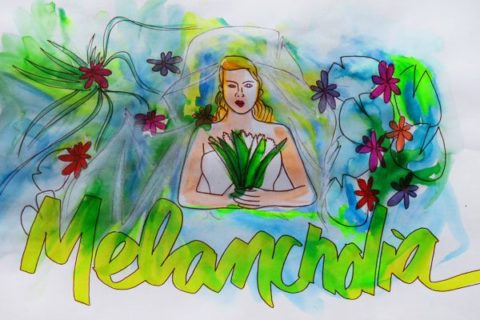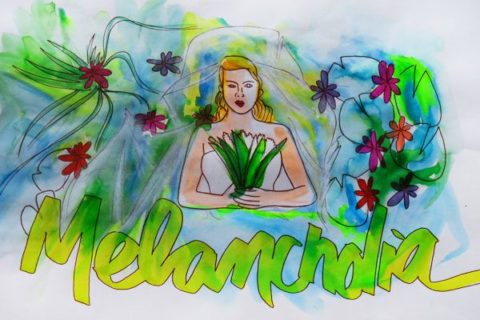SNP’s word of the day: Melancholia


Word: Melancholia
Meaning: A gloomy state anywhere between sober pensiveness and habitual depression.
Usage: “ALL the morbid states of depressed feeling, or, as more commonly expressed, of mental depression, are comprised under the term melancholia.” — from Clinical lectures on mental diseases by Thomas Smith Clouston (1884)
You should know it because: Lars von Trier‘s Melancholia opens in select Canadian cities today and, as the title suggests, it is not a rom com. You should see it tonight only if you have no plans after, because all you’ll want is a bottle of good wine and a blanket. Still, you definitely should see it at some point, because it is also beautiful—as beautiful as the sound of the word melancholia. The word is almost onomatopoeic that way, conveying the ecstasy of intense sadness.
In medieval times, like around the year 1300, melancholia was one of the four humours, or personality types. Doctors then thought that melancholia was caused by an excess of “black bile” in the spleen, and the condition was marked by deep gloom and sullenness. Later, in the 1500s, the meaning shifted and became broader. As of 1710, melancholia has the added sense that the world, or the state of the world, is deplorable. And that’s what afflicts the movie’s anti-heroine, played by Kirsten Dunst, and what makes it the perfect film for this pre-2012, doomsdaying, apocalypticist year.







